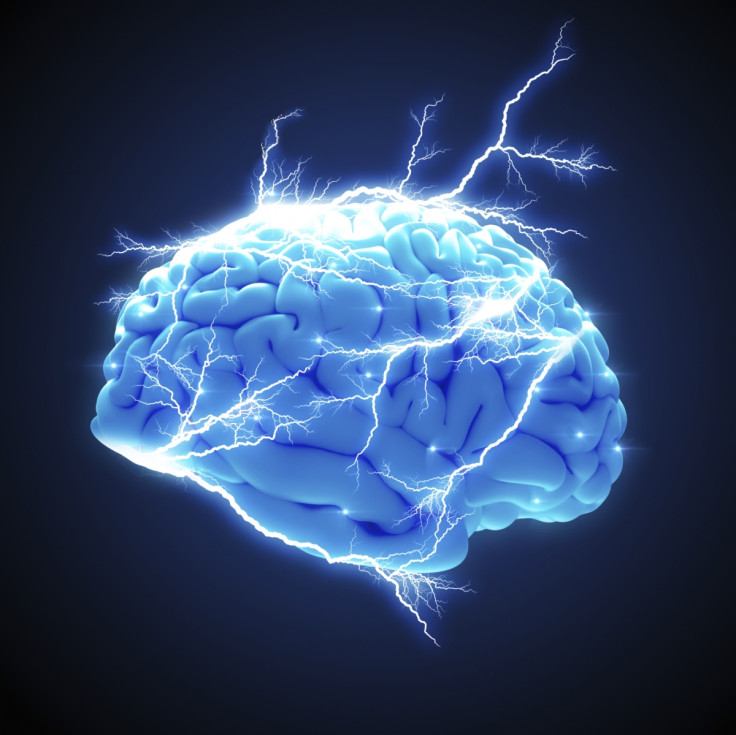Neuroscience bombshell: Human brain can hold more memories than the World Wide Web

Our brains can store ten times more memories than scientists previously thought. Researchers reconstructed brain tissue to discover the average human brain can store as much information as the entire World Wide Web.
The researchers studied the storage capacity of synapses, the connections in the brain responsible for keeping our memories. It was discovered that each synapse can store 4.8 bits of data, meaning the entire brain has a capacity for a petabyte of data – the equivalent to 62,500 iPhones.
"This is a real bombshell in the field of neuroscience," said Terry Sejnowski, researcher on the study published in eLife. "Our new measurements of the brain's memory capacity increase conservative estimates by a factor of 10 to at least a petabyte, in the same ballpark as the World Wide Web."
The researchers from Salk Institute found the discovery after noticing that synapses were being duplicated every 10% of the time neurons passed information through them. They then used that knowledge to measure the differences in size of each synapse, which previously could only be labelled as small, medium or large.
Their results showed that there were as many as 26 different sizes of synapse – remarkably more than scientists previously thought.
"This was a curveball from nature," said Tom Bartol, scientist at Salk. "Our data suggests there are 10 times more discrete sizes of synapses than previously thought.
"In computer terms, 26 sizes of synapses correspond to about 4.7 'bits' of information. Previously, it was thought that the brain was capable of just one to two bits for short and long memory storage in the hippocampus."
The discovery could also extend to a new age in robotics. Engineers plan to use this new information about the brain to create highly technical and energy-efficient computers, capable of speech, object recognition and translation.
"The implications of what we found are far-reaching," said Sejnowski. "This trick of the brain absolutely points to a way to design better computers. Using probabilistic transmission turns out to be as accurate – and require much less energy – for both computers and brains."
It is estimated that the average human brain contains 86 billion neurons. Each neuron has up to thousands of synapses, so scientists say that each brain has approximately 150 trillion synapses; around 21,500 times more than the entire population of Earth.
© Copyright IBTimes 2025. All rights reserved.






















